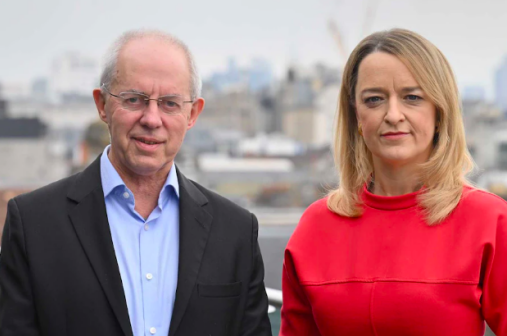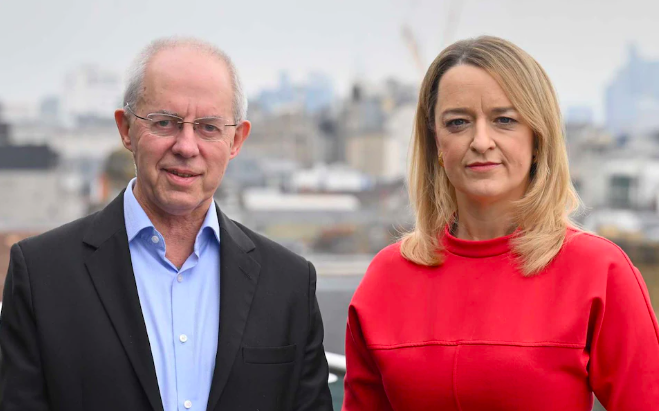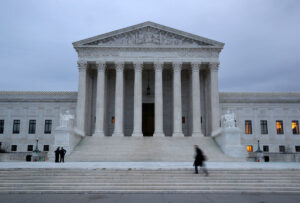Welby Reflects on Handling of John Smyth Abuse Allegations

In a candid interview, Justin Welby expressed a “deep sense of personal failure” regarding the response to the grave sexual abuse allegations against the late John Smyth. The former Archbishop of Canterbury admitted feelings of profound shame over a speech in the House of Lords, where he appeared to downplay the seriousness of the Church’s safeguarding lapses that eventually led to his resignation.
Welby’s resignation followed the Makin Review, which criticized his handling of Smyth’s abuse, suggesting he could have done more to prevent it. Smyth passed away in South Africa in 2018 while still being investigated by UK authorities.
During his appearance on the BBC’s Sunday With Laura Kuenssberg, Welby acknowledged he should have resigned sooner. He explained, “What changed my mind was having been caught by the report being leaked and not really thought it through enough, to be honest.”
Reflecting on the report, Welby said, “Over that weekend, as I read it and reread it and as I reflected on the horrible suffering of the survivors which had been, as many of them said, more than doubled by the institutional Church’s failure to respond adequately, it increasingly became clear to me that I needed to resign.”
Welby described the scale of historical child sex abuse allegations as “overwhelming,” with new cases emerging daily, contributing to his failure to manage them effectively.
When questioned about forgiving Smyth, Welby responded, “Yes, I think if he was alive and I saw him. But it’s not, it’s not me he has abused. He’s abused the victims and survivors. So, whether I forgive or not is, to a large extent, irrelevant.”
Asked if he sought forgiveness from the abuse survivors, he replied, “Obviously, but it’s not about me. When we talk about safeguarding, the centre of it is the victims and survivors. I have never, ever said to a survivor, ‘you must forgive’, because that is their sovereign, absolute individual choice. Everyone wants to be forgiven, but to demand forgiveness is to abuse again.”
Welby admitted that upon assuming his role as Archbishop of Canterbury in 2013, he was not as assertive as he should have been, noting, “I didn’t realise how bad it was. I’d been in post 11 weeks and safeguarding had been the crisis I hadn’t foreseen. I should have pushed harder because I knew enough to know that people, very rarely, almost never abuse once.”
His farewell speech in the House of Lords, shortly after announcing his resignation, drew criticism for suggesting that “a head had to roll,” which dismayed both victims and senior clergy members. Reflecting on his speech, Welby shared that he was “profoundly ashamed” and that he was “wasn’t in a good space at the time.” He added, “It’s one of those moments where, when I think of it, I just wince. It was entirely wrong and entirely inexcusable.”
Reiterating his apology to victims, Welby stated, “Just for the avoidance of doubt, I am utterly sorry and feel a deep sense of personal failure both for the victims of Smyth not being picked up sufficiently after 2017 when we knew the extent of it, and for my own personal failures.”
This article was originally written by www.christiantoday.com






